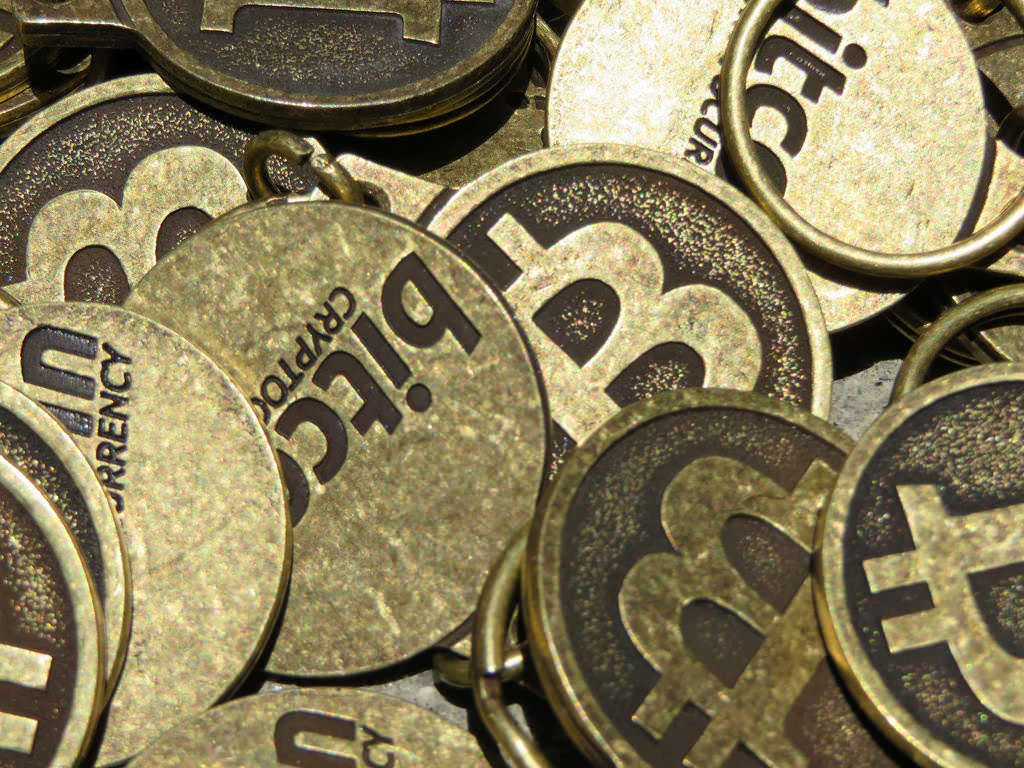News
Treasury to crack down on Bitcoin and cryptocurrencies

The government is seeking to bring Bitcoin and other cryptocurrencies under greater regulation amid concerns virtual money can “enable and facilitate cybercrime”.
When asked what steps the government was taking to regulate Bitcoin and other cryptocurrencies, the economic secretary to the Treasury, Stephen Barclay said it’s seeking to bring them into anti-money laundering and counter-terrorist financing regulation.
This would result in virtual currency exchange platforms and custodian wallet providers’ activities being overseen by the relevant authorities.
It comes as the Treasury states that it is aware that “digital currencies can be used to enable and facilitate cybercrime”.
However, the department said there is little current evidence of them being used to launder money, though added that the risk is expected to grow.
The negotiations to bring cryptocurrencies under regulation are expected to conclude at EU level late this year/early 2018.
‘Why has it taken so long for authorities to act?’
The UK is behind the criminals and the US in terms of law enforcement and regulation, according to Julian Dixon, CEO of anti-money laundering and big data specialists, Fortytwo Data.
He said: “The UK is playing catch up but there is no excuse for this. The US is way ahead in terms of regulating cryptocurrencies.
“Scotland Yard has already warned of criminals using special ATMs to launder illicit cash into cryptocurrency to transfer the dirty money abroad. Scare stories about the use of Bitcoin on the dark web have been common since its inception.
“So, the question is, why has is taken so long for the authorities to decide to act?”
Nicholas Gregory, CEO of CommerceBlock which helps firms do businesses in cryptocurrency, said any suggestion that Bitcoin is used by money launderers any more than traditional currencies is a fallacy.
He said: “It’s important to remember that Bitcoin exchanges are already regulated as money service businesses in the US and that has failed to pour any cold water on bitcoin’s incredible growth story.
“The UK and Europe are playing catch up to some degree here but they are on the right page. Industry players want the same thing as politicians – cryptocurrencies that offer cheap, frictionless, international transactions used for legal purposes.
“If anything, regulation will only increase Bitcoin’s rate of growth as regulation lends credibility and engenders trust.”
Bitcoin has achieved exponential growth, rising above $10,000 with many suggesting a ‘Bitcoin bubble’ could burst.